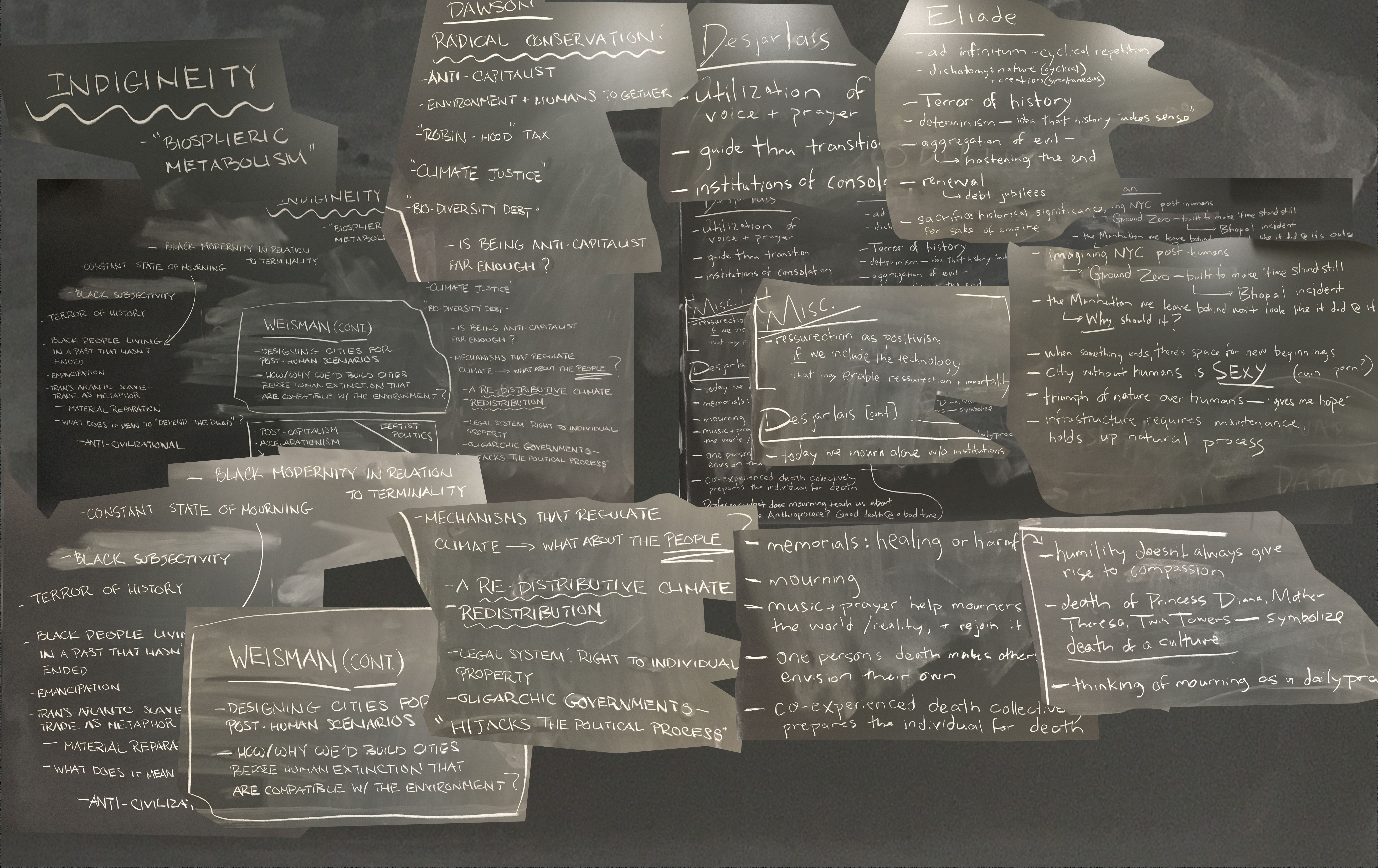Erik Klien, Chairman and Founder of Lifeboat Foundation thinks that the key to developing ideal, responsible AI is empathy, and creating empathetic robots. Such an emphasis on empathy is perhaps ironic, as the organization’s emphasis on “existential risks” may be understood as disregarding the many local-terminal risks that have been and continue to be realized with alarming frequency. When asked about this seemingly contradictory stance on empathy, and how focusing on “existential risks” might distract from addressing the many inequalities, injustices, and violences that are already faced by a great many people, Klien dismissed the question and reaffirmed earlier explanations of the government’s role in addressing local risks and simultaneous inability to address existential risks . It appeared that Klien felt no responsibility to express empathy for people who are currently suffering from inequality and injustice (a few real deaths don’t matter if the possibility that men like Klien could one day be killed as a result of malicious applications of nanotechnology still looms large in some imagined future).
It is alarming that despite constantly claiming to work for the protection and safety of humanity at large, the scope of the Lifeboat Foundation’s work suggests only a very narrow conception of “humanity” is intended to be spared. This narrowness was perhaps affirmed by Klien’s consistent emphasis on the role of the rich in securing the future, which was accompanied by an implicit trust in the ability of the wealthy to determine appropriate solutions and selections, which seemed to leave no room to question the ethics of such a dynamic. Klien also expressed a profound trust in technology as the source of all solutions, while acknowledging that technology is also the source of existential risks.
The insistence on technological solutions perhaps helps to understands Klien’s answers to our questions about the extent of his empathy. Rather than developing an understanding of existential risks as in part structural, and proposing solutions that may involve radical restructuring, the techno-fix allows for the continuance of business-as-usual under the guise of addressing an issue. Klien asserts that the government is incapable of comprehending/responding to existential risks but is appropriately equipped to address local-terminal risks. To do otherwise is unfeasible, as it would not only jeopardize the mission of Lifeboat Foundation but also the economies, politics, and structures of power upon which its work relies and which its work arguably affirms.

Recent Comments